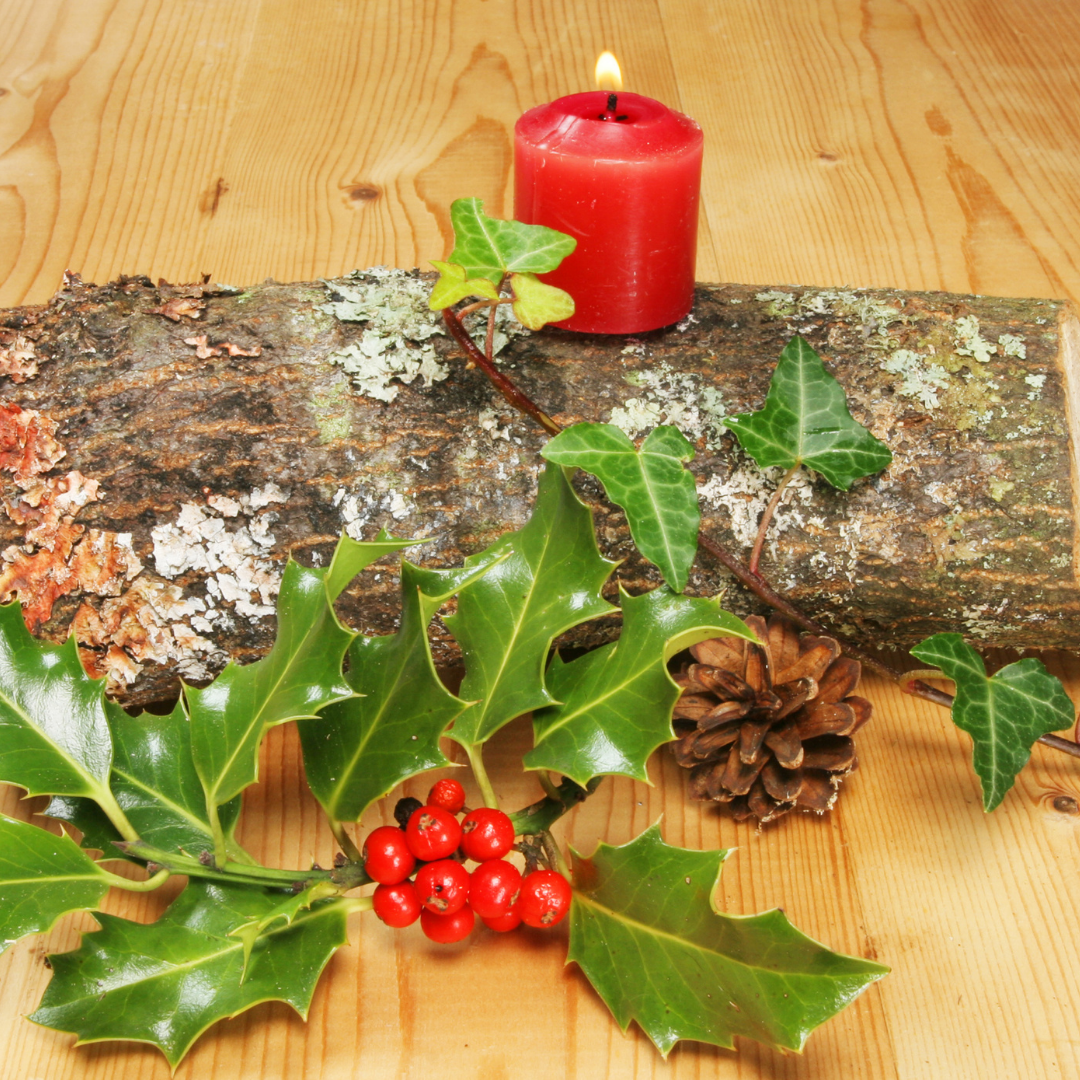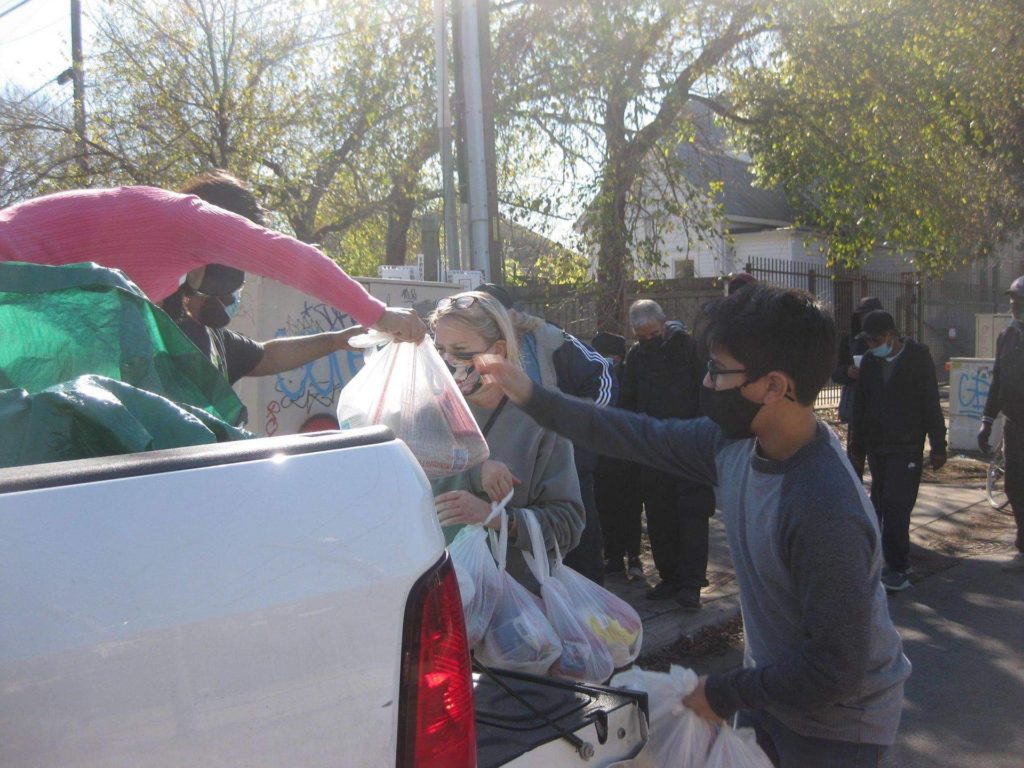
Humanists on the Holidays
By GO HumanityAs a humanist, how do you celebrate the holidays?
Thinking about it, I celebrate it pretty similarly to how most Christians do. I do the Christmas tree, the colorful lights, the gifts, carols, and communal meal. I leave out nativity scenes and songs; those religious elements are really just a fraction of the Christmas traditions after all.
I was raised religious and remember the rhetoric about “keeping Christ in Christmas” and being careful not to care more about Santa, Rudolph, Frosty, and pagan elements like pine trees and presents. Now, an adult and an apostate, I can choose what I want the holidays to mean for me, and what/how I want to celebrate.
Many humanists see Christmas as the celebration of the winter solstice. We celebrate the long summer days to come, gathered with our loved ones in the dead of winter.
Returning the religiously revamped holiday to its Germanic Yule and Roman Saturnalia roots works because our American Christmases still feature festivities that echo the elements of those old European pagan traditions- the evergreen tree adorned in twinkling lights, the exchange of gifts, the wreaths and candles.
 Celebrated thousands of years before Christmas, Yule is considered one of the oldest celebrations of wintertime in the world. It begins the shortest day of the year on the winter solstice and ends 12 days later. Saturnalia, celebrated December 17-23, was more of a wanton feast full of debauchery.
Celebrated thousands of years before Christmas, Yule is considered one of the oldest celebrations of wintertime in the world. It begins the shortest day of the year on the winter solstice and ends 12 days later. Saturnalia, celebrated December 17-23, was more of a wanton feast full of debauchery.
Humanists aren’t reconstructive pagans, so we probably won’t be celebrating non-Abrahamic gods any more than we celebrate Christ. But like Christians do, we can enjoy traditional elements borrowed from ancient holidays.
Some humanists burn Yule logs; some tell the story of Father Christmas to their children. Others decorate to celebrate nature: fruit, nuts, animals, mushrooms, symbols of the sun and moon adorning an alter.
For most non religious people Christmas is about family gathering, the attitude of peace, togetherness and generosity, the food and sweets, the gifts wrapped in shiny paper and traded as tokens of tenderness.
Christmas is about aspiring to greater feelings of goodwill toward our fellow humans- which is the perennial humanist aspiration.
Being a humanist is more than feeling some type of way, it’s about action: doing.
The holiday season is full of opportunities to spread our humanity. Countless charities seek donations for people in need. Many humanist groups host holiday dinners for the homeless, organize food, clothing and toy drives, and participate in other charity events around Christmas time.

Humanist volunteers in the Beyond Belief Network unloading bags of winter relief items to people experiencing homelessness
During the last couple decades, humanists have begun to organize our own winter holiday, a celebration of our humanist values and goodwill: HumanLight.
Formed in 2001, to be celebrated on or around December 23rd, HumanLight was invented by a local humanist group in New Jersey. HumanLight celebrates the positive, secular, human values of reason, compassion, humanity, peace on earth. HumanLight’s name indicates that it’s about humanity, and the light of human reason. This can be celebrated with feasting and gifts and a lit-up evergreen!
Whether we are celebrating the solar cycle, rejoicing that the sun will preside over another Spring come the end of winter, or celebrating the light in one another, Christmas can be an absolutely magical time of year for many humanists. It’s about family, community, and the universal theme of peace on earth. It’s about how love and humanity can change attitudes like Scrooge’s and the Grinch’s and how beautiful coming together can be. It’s a time of hope and celebration of one another.
There’s no need for a non believer to dismiss or disparage winter festivities because they have been hijacked by religion. In the most obvious way, Christmas is the ultimate humanist’s holiday.
Peace on Earth and good will toward all!
This holiday season, see what your local humanist groups have planned.

